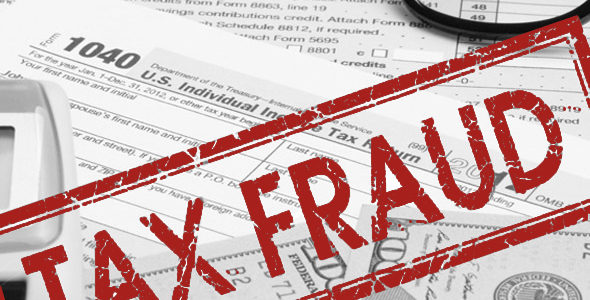
Beware Tax Season Scams
Tax season is upon us again and the hackers have been busy with a slew of old and new tricks to try to steal tax refunds. Here are some of the new and old tricks that hackers are employing this tax season and some tips on how you can avoid being taken advantage of by cyber-criminals.
A New Twist to an Old Game
Who wouldn’t be happy to get a bunch of money deposited in their bank account by surprise from the IRS?! Unfortunately for us, the IRS is not just giving us all money and it is a new elaborate scam by hackers to try to swindle you and the IRS out of money. Hackers are using your personal information to file a fraudulent tax return on your behalf but also having it deposited in your bank account. Then they fall back to their old scam of calling or emailing you, claiming to be the IRS and demanding that you send the money back.
Thanks, Equifax…
Due to the massive Equifax data breach, the IRS is expecting a huge uptick in the number of fraudulent filings. To try to help combat some of the fall-out, each employer has been assigned a special Employer Code that is found on the W-2 form to try to make sure that fake W-2s are not used to file claims.
The IRS also has encouraged everyone to try to file their claims as quickly as possible as to not allow hackers a chance to put in a fake claim before you do. If two (or more) claims are filed with your social security number, the IRS will notify you by snail mail (The IRS does not email or call).
If you try to eFile and a claim has already been filed, your claim may be rejected and you will need to contact the IRS (also because of the Equifax data breach, contact the FTC).
Even Children are Affected…
A worrisome discovery this tax season has been the sale of infant and child personal information on the Dark Web. Hackers even are eliciting sale of the information by advertising that it is tax season and buyers should get the information before it is used. The troublesome aspect of having children’s personal information for sale on the Dark Web is that very few parents actually monitor the credit of their youngsters and they may not discover a fake identity for years or even 16-17 years down the road when the child is grown and starts applying for college or credit.
The ol’ W-2 Phishing Scam
Despite IRS warnings and tons of news the past couple of years, hackers are still tricking businesses into sending their employee records. A few years ago, the IRS warned companies of falling for the W-2 scams but despite the continued warnings, businesses (and even government offices like the City of Keokuk,Iowa and Batavia, Illinois) are still falling for phishing scams posing as the company CEO or executives asking for employee summaries and W-2’s.
Employees may be your business’ greatest weakness but they also can be your greatest defender if you take the time to educate them. Inform your employees who have access to sensitive employee data about these types of scams. Don’t just assume that they know.
Teach your employees how to identify phishing scams and when it comes to sharing sensitive data, you can encourage them to seek verbal approval from the requestor. Even though scammers state there is extreme urgency in receiving the response, getting a verbal confirmation from the sender is the best way to protect sensitive information (the same goes for urgent requests for wire transfers to the Finance Department!)
Lastly, sensitive employee data should never be transmitted unencrypted (even if it’s thought to be internal).



